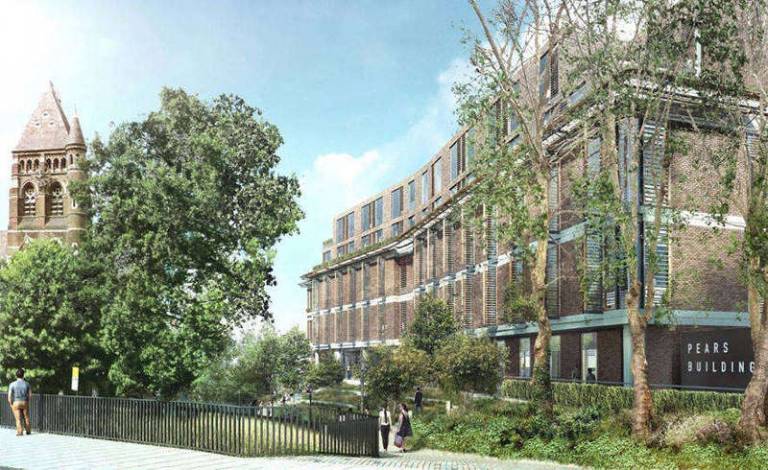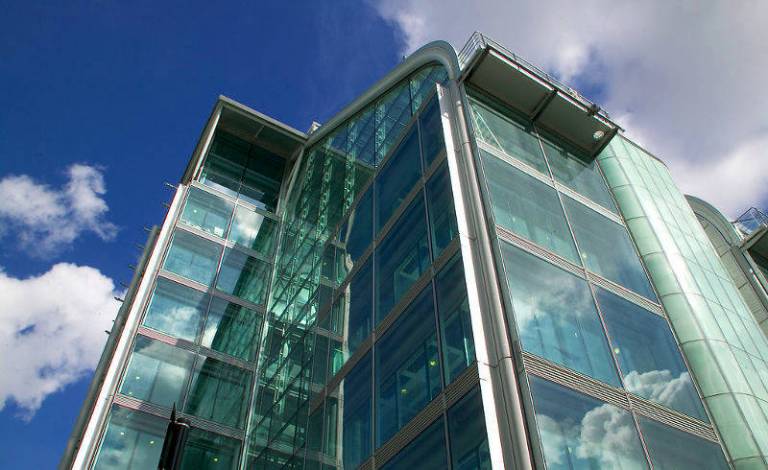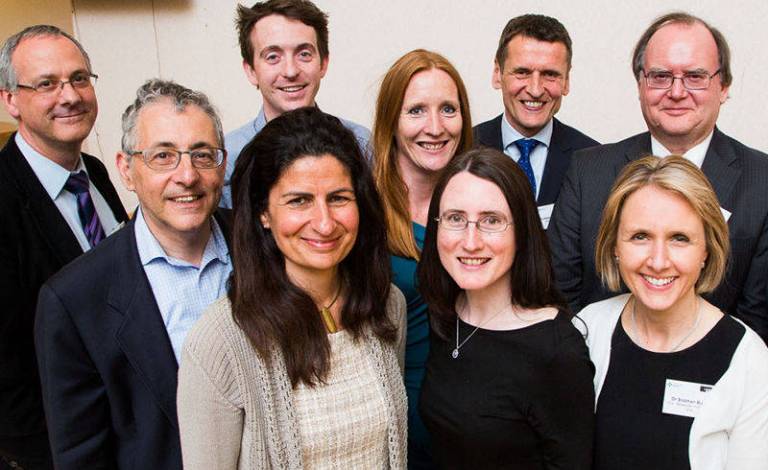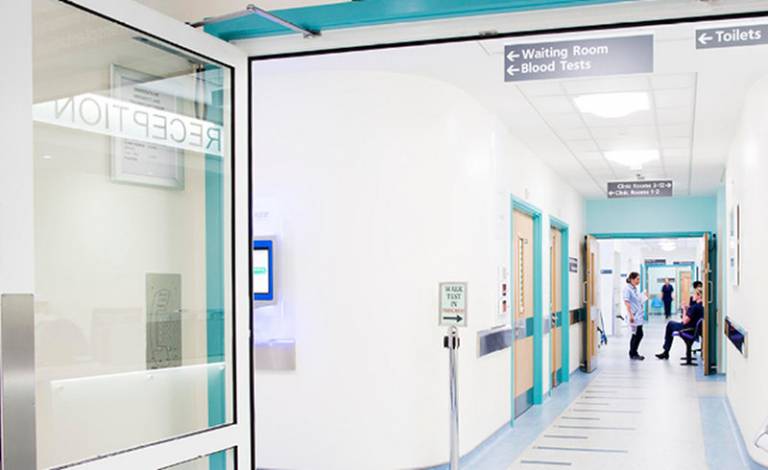About
The IIT is a hub for experimental medicine, transferring novel research concepts into new diagnostic tools and therapeutic interventions for the local and global patient population.
Our multidisciplinary research and training programs serve to educate scientists and health professionals. Through joint working we accelerate the implementation of novel immunotherapies as routine treatment.
The IIT aims to develop vaccinations, gene therapy and cell therapy to enhance immunity in patients with cancer and chronic infection, and to induce tolerance in autoimmune diseases and in patients receiving conventional or bioengineered transplants.
The research activities of the IIT are grouped in three research clusters, with each cluster containing two related programs of research:
Cluster | Programme |
|---|---|
Immune tolerance | |
| » Immune regulation | |
| » Bioengineered tissue transplantation | |
Immunotherapy | |
| » Immunotherapy of cancer | |
| » Viral immunity | |
Inherited disease | |
| » Immunodeficiency | |
| » Gene therapy of inherited defects |
The IIT is part of the UCL Division of Infection and Immunity. It is an important component of the research strategy of the Academic Health Science Centre of UCL-Partners. The IIT is developed in partnership between UCL, Royal Free London NHS Foundation Trust and the Royal Free Charity and is delivered in two phases:
- Phase I is a £6 million investment providing newly refurbished space and was opened in June 2013
- Phase II will provide a new state of the art research building, due to open in autumn 2020. A grant award from the UK-Research Partnership Investment Fund provides £33 million funding to support the construction our new research building - The Pears Building.
Pears Building
The Pears Building, constructed in the ground of the Royal Free Hospital, will become home to the Institute of Immunity and Transplantation. Work on the building begain in March 2018 and was completed in June 2021. The project is a collaboration between the Royal Free London, Royal Free Charity and UCL. Find out more »
 Close
Close





